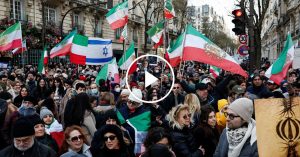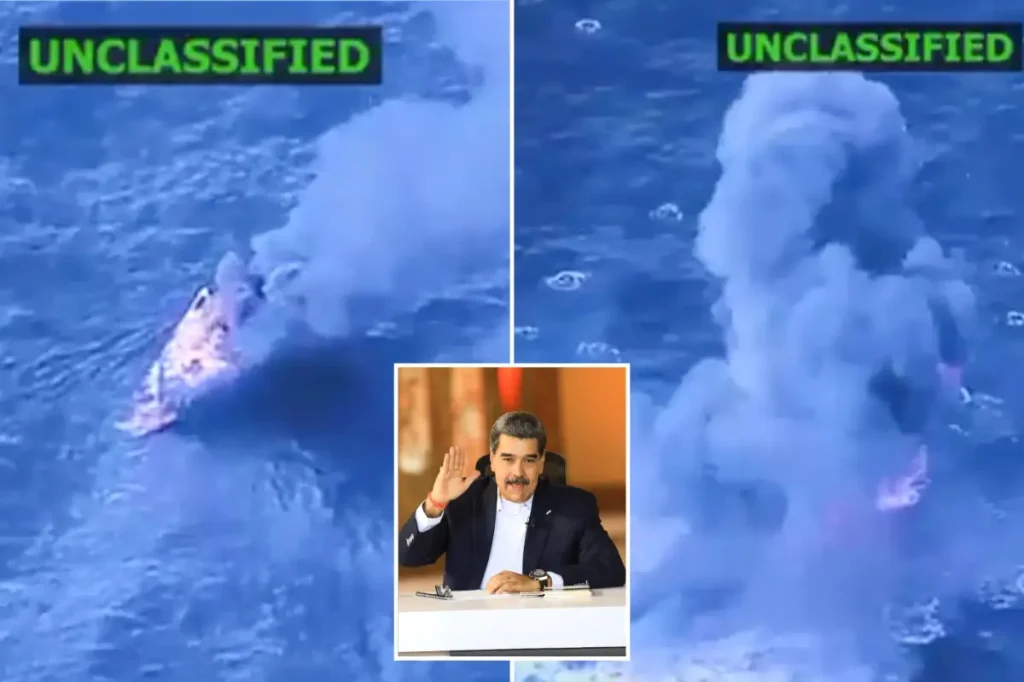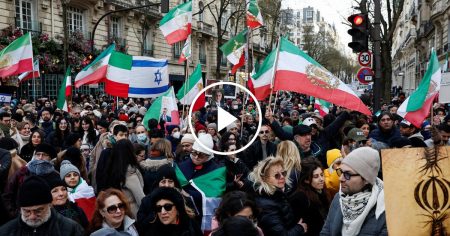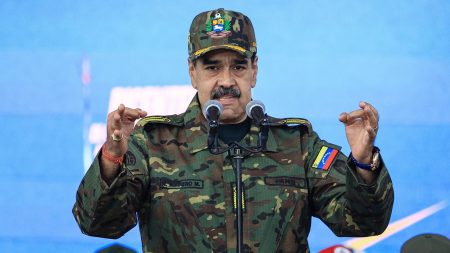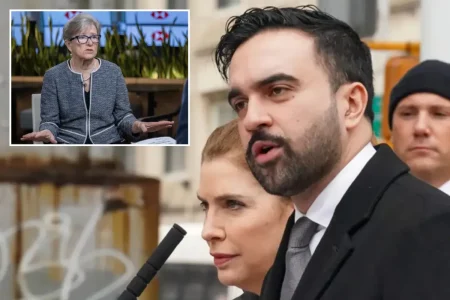U.S.-Venezuela Tensions Escalate Amid Claims of CIA Involvement
In a dramatic turn of events, Venezuela has made serious allegations against the United States, claiming to have captured a “mercenary group” with connections to the CIA. This incident marks the latest development in the increasingly strained relationship between the two countries, as Vice President Delcy Rodriguez asserted that these individuals were part of a plan to provoke military conflict with Venezuela. Rodriguez’s statement suggested that a “false flag attack” was being orchestrated in waters near Trinidad and Tobago or from Venezuelan territory, with the ultimate goal of triggering full-scale military confrontation. The Venezuelan government has drawn historical parallels to the 1898 USS Maine explosion and the 1964 Gulf of Tonkin incident—events that led to the Spanish-American and Vietnam wars, respectively—implying that similar tactics are being employed against their nation. Despite the gravity of these allegations, Rodriguez provided no concrete evidence to support these claims, offering no details about the number of individuals captured, their nationalities, what items were found in their possession, or the specific plot they were allegedly executing.
These accusations come at a time of heightened military activity by the United States in the region. The Trump administration has recently intensified its military operations aimed at combating drug cartels allegedly linked to Venezuelan President Nicolas Maduro’s government. War Secretary Pete Hegseth has deployed significant naval assets to the area, including the Gerald R. Ford Carrier Strike Group to the Caribbean Sea, joining other Navy vessels already operating in international waters. Additionally, joint military exercises between the United States and Trinidad and Tobago are currently in progress, further increasing the American military presence near Venezuelan borders. These deployments represent a substantial show of force in the region, which Venezuela perceives as threatening. President Trump has added fuel to this tense situation by confirming reports that he authorized the CIA to conduct covert operations in Venezuela and suggesting potential land-based operations targeting drug cartels, statements that have undoubtedly contributed to Venezuela’s sense of being under threat.
The United States has been actively engaged in anti-narcotics operations in waters near Venezuela, conducting at least ten airstrikes on suspected drug-trafficking vessels in the Caribbean Sea and Eastern Pacific Ocean since last month. These operations have reportedly resulted in the deaths of more than 30 individuals described by U.S. officials as “suspected narco-terrorists.” Beyond these naval and air operations, the Trump administration has deployed thousands of troops and advanced F-35 fighter jets to the region, significantly increasing military capabilities near Venezuela. Earlier this year, the U.S. government took the extraordinary step of placing a $50 million bounty on President Maduro, whom American officials have labeled as the leader of Venezuelan drug-trafficking groups. This bounty represents one of the clearest indications of the Trump administration’s stance toward the Venezuelan leadership and its determination to apply maximum pressure on Maduro’s regime.
From the Venezuelan perspective, these actions form part of a broader strategy aimed at regime change. Maduro has repeatedly accused the Trump administration of working to overthrow his government, a claim that gains credibility among his supporters given the United States’ historical involvement in Latin American politics and its open opposition to his leadership. Earlier this month, Maduro made the startling allegation that the U.S. was planning to bomb its own embassy in Caracas as part of a false flag operation, a claim that echoes the current accusations about CIA-linked mercenaries. These statements reflect the deep mistrust that characterizes the relationship between the two governments and highlights the narrative that Maduro’s administration promotes: that Venezuela is defending itself against imperialist aggression from the United States. For many Venezuelans who support Maduro, these claims reinforce the perception that their country is under siege from external forces seeking to control its resources and political destiny.
The escalating tensions between the United States and Venezuela have broader implications for regional stability and international relations. The Caribbean region has become a theater for this confrontation, with neighboring countries like Trinidad and Tobago finding themselves indirectly involved through their military cooperation with the United States. This situation places smaller nations in a difficult position, potentially forcing them to navigate between maintaining good relations with the U.S. while avoiding antagonizing Venezuela. Furthermore, these developments occur against the backdrop of Venezuela’s ongoing humanitarian and economic crisis, which has led to one of the largest migration crises in recent history, with millions of Venezuelans fleeing to neighboring countries. The political standoff between the U.S. and Venezuela complicates international efforts to address these humanitarian concerns, as geopolitical considerations often overshadow humanitarian needs.
As this situation continues to develop, the international community watches with concern, recognizing that further escalation could have severe consequences for the entire region. The lack of diplomatic channels between Washington and Caracas makes misunderstandings more likely and peaceful resolution more difficult. While the Venezuelan government’s claims about CIA involvement remain unsubstantiated, the substantial U.S. military buildup in the region and President Trump’s public statements about covert operations create an atmosphere where such allegations find a receptive audience, particularly among those already skeptical of U.S. intentions in Latin America. The White House has not responded to requests for comment on Venezuela’s latest accusations, maintaining its policy of minimal engagement with Maduro’s government, which it considers illegitimate. As both sides continue to trade accusations and increase pressure tactics, the potential for miscalculation grows, raising concerns about whether this war of words could eventually transform into something more dangerous for Venezuela, the United States, and the entire region.
